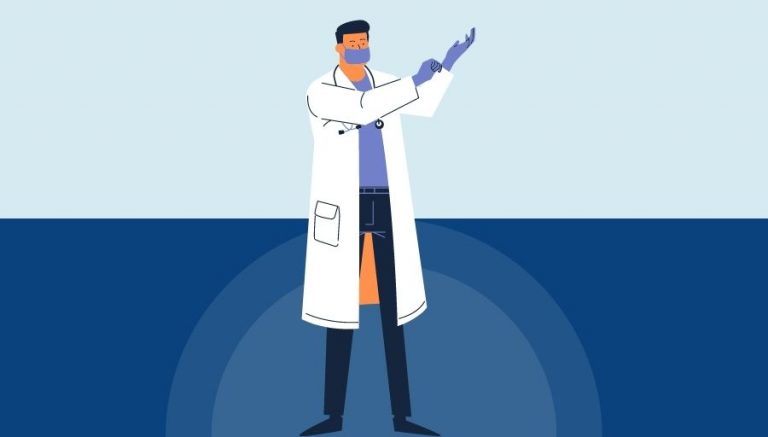How To Use CPT Code 87335
CPT 87335 describes the detection of antigens of the bacterium Escherichia coli 0157 using an immunoassay technique. This article will cover the description, procedure, qualifying circumstances, appropriate usage, documentation requirements, billing guidelines, historical information, similar codes and billing examples.
1. What is CPT Code 87335?
CPT 87335 can be used to detect antigens of the bacterium Escherichia coli 0157 using an immunoassay technique. This code is specifically used for qualitative or semiquantitative detection of the antigens, which are specific protein particles on the surface of the organism. The test is performed by a lab analyst using techniques such as enzyme immunoassay (EIA), enzyme-linked immunosorbent assay (ELISA), fluorescence immunoassay (FIA), or immunochemiluminometric assay (IMCA).
2. Official Description
The official description of CPT code 87335 is: ‘Infectious agent antigen detection by immunoassay technique (eg, enzyme immunoassay [EIA], enzyme-linked immunosorbent assay [ELISA], fluorescence immunoassay [FIA], immunochemiluminometric assay [IMCA]), qualitative or semiquantitative; Escherichia coli 0157.’
3. Procedure
- The lab analyst collects a primary source specimen from the patient, such as a stool specimen.
- The analyst performs all technical steps to assess the presence of specific Escherichia coli 0157 antigens using an immunoassay technique.
- The immunoassay technique may include enzyme immunoassay (EIA), enzyme-linked immunosorbent assay (ELISA), fluorescence immunoassay (FIA), or immunochemiluminometric assay (IMCA).
- The analyst interprets the results of the immunoassay to determine the presence or absence of Escherichia coli 0157 antigens.
4. Qualifying circumstances
CPT 87335 is used when there is a need to detect antigens of the bacterium Escherichia coli 0157. This specific strain of Escherichia coli can cause severe diarrhea with bleeding and may lead to kidney failure in certain populations. The test is performed on primary source specimens, such as stool specimens, and should not be used for testing culture isolates. It is important to note that if the lab analyst performs this test for different species or strains of the organism, or different organisms, each test should be reported separately with modifier 59 to indicate distinct procedural service.
5. When to use CPT code 87335
CPT code 87335 should be used when there is a clinical suspicion of Escherichia coli 0157 infection and the healthcare provider wants to confirm the presence of specific antigens associated with this strain. It is important to note that this code should not be used for testing antibodies to Escherichia coli 0157, as there are other appropriate codes for that purpose.
6. Documentation requirements
To support a claim for CPT code 87335, the documentation should include:
- Indication for the test, such as clinical suspicion of Escherichia coli 0157 infection
- Type of immunoassay technique used, such as enzyme immunoassay (EIA), enzyme-linked immunosorbent assay (ELISA), fluorescence immunoassay (FIA), or immunochemiluminometric assay (IMCA)
- Date and time of the test
- Results of the test, indicating the presence or absence of Escherichia coli 0157 antigens
- Signature of the lab analyst performing the test
7. Billing guidelines
When billing for CPT code 87335, ensure that the test is performed using an immunoassay technique and is specifically for the detection of Escherichia coli 0157 antigens. It is important to note that this code should not be reported for testing culture isolates. If the lab analyst performs this test for different species or strains of the organism, or different organisms, each test should be reported separately with modifier 59 to indicate distinct procedural service.
8. Historical information
CPT code 87335 was added to the Current Procedural Terminology system on January 1, 1998. There have been several historical changes to the code, including updates to the description and the addition of specific immunoassay techniques.
9. Examples
- A lab analyst performs an immunoassay technique to detect Escherichia coli 0157 antigens in a stool specimen from a patient with severe diarrhea and suspected infection.
- Using an enzyme immunoassay (EIA), a lab analyst detects Escherichia coli 0157 antigens in a primary source specimen from a patient who consumed contaminated food.
- During an outbreak investigation, a lab analyst performs an immunoassay technique to detect Escherichia coli 0157 antigens in multiple stool specimens from affected individuals.



